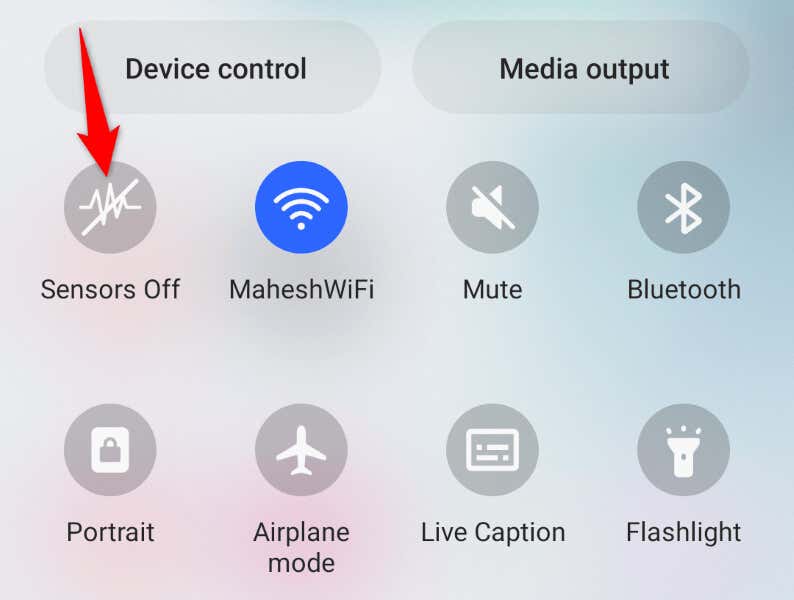Another case of nonexistent “customer confusion” is being litigated. Tofurky, the maker of several vegetable-based products, sued the state of Arkansas over its bogus [squints at Legiscan in disbelief] “Act To Require Truth In Labeling Of Agricultural Products That Are Edible By Humans” law.
The law, written at the behest of meat and dairy lobbyists, claims customers are “confused” by non-meat products that use meat-like words in their product descriptions. A law similar to this passed in Mississippi was recently found unconstitutional by a federal court, resulting in legislators rewriting the law to make it less, um, unlawful.
The Arkansas law has an added bonus not found elsewhere: wording targeting the use of phrase “cauliflower rice.” Why? Because Arkansas is home to the nation’s largest rice industry.
Not that any consumers were actually confused. If they had been, they would have approached lawmakers. Instead, the entities approaching legislators were entrenched interests claiming shoppers were too stupid to figure out veggie burgers don’t contain meat.
That law is now on death’s door, having been savaged by a federal judge calling bullshit on the state’s willingness to violate the First Amendment to make certain industries happy. (via AgWeek)
The ruling [PDF] blocks the state from enforcing the law while the rest of the particulars are sorted out, but it seems clear there’s no way the state can salvage this terrible legislation. Tofurky pointed out the law contains no exceptions for makers of plant-based meat alternatives, meaning the company has almost zero chance of ever complying fully with the law, even if it retools its packaging (at an estimated cost of $ 1,000,000) and does everything it can to keep Arkansas consumers from viewing ads targeting shoppers in states not saddled with idiotic laws.
The state argued that Tofurky’s use of words like “sausage,” “kielbasa,” “burger,” and “ham” confuse consumers despite Tofurky also using words like “white quinoa,” “all vegan,” “plant-based,” and a big “V” to distinguish its vegetarian and vegan products from the meats they emulate. The court says this argument is ridiculous.
The State appears to believe that the simple use of the word “burger,” “ham,” or “sausage” leaves the typical consumer confused, but such a position requires the assumption that a reasonable consumer will disregard all other words found on the label.
[…]
That assumption is unwarranted. The labels in the record evidence include ample terminology to indicate the vegan or vegetarian nature of the products. Additionally, “[t]here is no contention that any [consumer or potential consumer] was actually misled or deceived by” Tofurky’s packaging, labeling, or marketing.
It also pulls a delicious quote from a 2013 decision dealing with a different state’s attempt to carve out exceptions to the First Amendment on behalf of favored industries.
“Under Plaintiffs’ logic, a reasonable consumer might also believe that veggie bacon contains pork, that flourless chocolate cake contains flour, or that e-books are made out of paper.”
The court says the law is likely to be found unconstitutional. The state had other options to use to limit consumer confusion but decided to specifically craft a law that harmed plant-based food manufacturers and their free speech rights.
Tofurky identifies several in-effect federal and state laws directed at prohibiting deceptive labeling and marketing of food products, and consumer products more generally, with which Tofurky contends its food labeling complies; these laws have not been enforced against Tofurky’s labels based on the record evidence before the Court (Dkt. Nos. 1, ¶¶ 21-33; 15, at 11- 12). There also is no convincing argument as to why each of these laws is ineffective at policing the alleged deceptive or confusing practices the State purports to target. Further, as opposed to the prohibition in Act 501, the State could require more prominent disclosures of the vegan nature of plant-based products, create a symbol to go on the labeling and packaging of plant-based products indicating their vegan composition, or require a disclaimer that the products do not contain meat if further laws are deemed necessary to advance its stated purpose.
Because it went this route, the new law may as well have never been written, massaged, and put into effect. The state is blocked from enforcing it until Tofurky finishes succeeding on its First Amendment claims. Yeah, I’m writing it that way because that’s the only way this is going to turn out. The state doesn’t have a compelling argument up its sleeve that’s going to reverse what’s seen in this injunction order.
If legislators are going to close their minds and open their ears when lobbying dollars come calling, they’re going to end up creating stupid crap that puts Constitutional rights on the back burner to allow a few powerful incumbents to make a few extra dollars. Fortunately, the courts (for the most part) don’t care who’s donating to whose re-election campaign.
Permalink | Comments | Email This Story
Techdirt.






